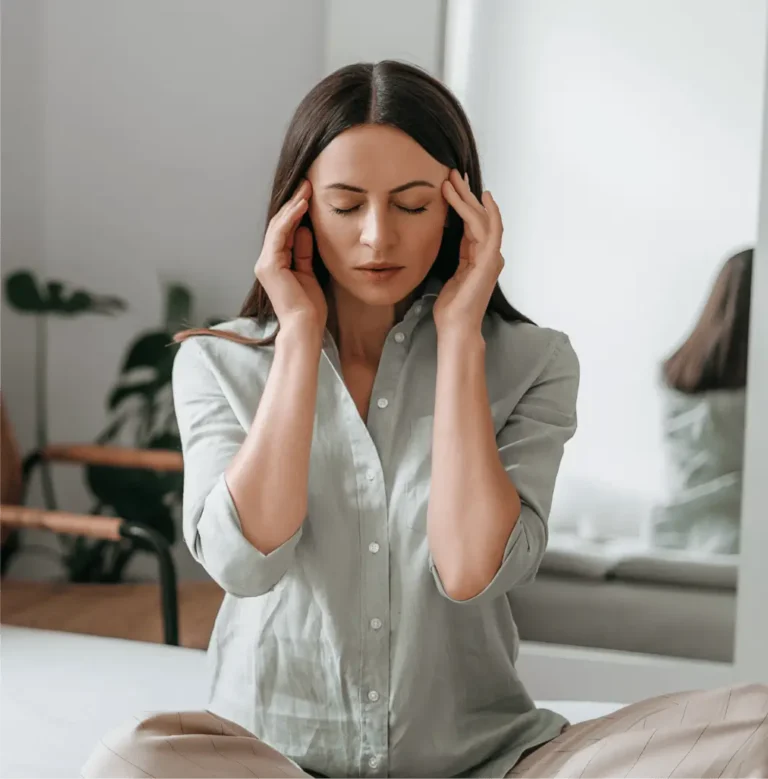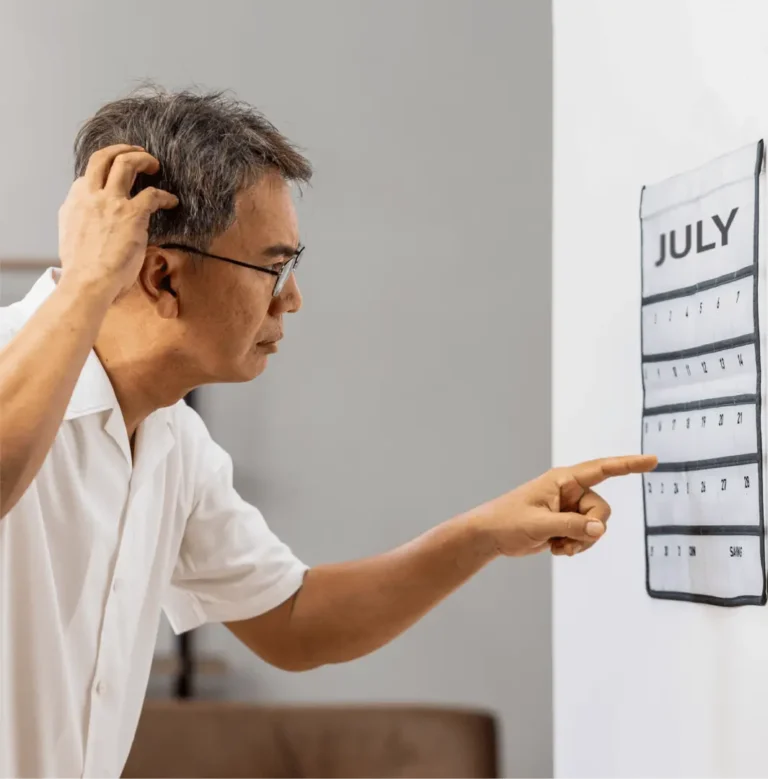Better Sleep Starts Tonight
Sleep Apnea Diagnosis & Treatment in Athens, Georgia
What is Sleep Apnea?
Sleep apnea is a common sleep disorder where your breathing stops and starts repeatedly during sleep. This can cause loud snoring, poor sleep quality, and daytime tiredness. If left untreated, sleep apnea may lead to serious health problems like high blood pressure, heart disease, and stroke.

Symptoms of Sleep Apnea

Loud, frequent snoring

Gasping or choking during sleep

Excessive daytime sleepiness or fatigue

Morning headaches

Difficulty concentrating or memory problems
Symptoms of Sleep Apnea
Why Treatment is Important
Proper sleep apnea treatment helps you breathe better at night and improves your overall health. Without treatment, sleep apnea can increase the risk of heart problems and lower your quality of life.
- People with untreated sleep apnea are 4x more likely to suffer from stroke.
- Sleep apnea increases the risk of heart failure by 140%.

Our Sleep Apnea Clinic in Athens, Georgia
At Athens Sleep and Wellness Center, our sleep apnea doctor provides thorough testing and personalized care. We offer easy sleep apnea diagnosis with home sleep tests. After diagnosis, we design a treatment plan tailored to your needs. This may include:

CPAP therapy
CPAP therapy (machine – in partnership with Apria
Oral appliances
Oral appliances for mild to moderate sleep apnea</span
Sleep advice
Lifestyle changes like weight management and sleep position advice
Regular follow-ups
Regular follow-ups to monitor your progress and adjust therapy
Why Choose Athens Sleep Center for Your Sleep Apnea Care?
- Board-certified sleep apnea doctor serving Athens, GA
- Comfortable and accessible clinic environment
- Personalized treatment plans focused on your health and comfort
- Friendly staff dedicated to supporting you every step

Ready for Better Sleep?
Contact our Athens sleep apnea clinic today to schedule your consultation.
Or book your appointment online
FAQs
Q1. What causes sleep apnea?
Q2. Can sleep apnea be cured?
Sleep apnea can be managed very effectively, and in some cases, mild cases may improve with weight loss or lifestyle changes. However, most people need ongoing treatment like CPAP therapy or oral devices to keep symptoms under control.
Q3. Can sleep apnea kill you?
Q4. Is sleep apnea genetic?
Yes, genetics can play a role. If a close family member has sleep apnea, you may have a higher risk due to inherited traits like airway structure or weight tendencies.
Q5. How do you treat sleep apnea?
The most common treatment is a CPAP machine, which helps keep your airway open during sleep. Other options include oral appliances, weight loss, surgery (in rare cases), or positional therapy. Our clinic offers personalized treatment based on your sleep test results.
Q6. How do I know if I have sleep apnea?
If you snore loudly, feel tired during the day, or wake up gasping for air, you might have sleep apnea. The only way to be sure is through a sleep study, which we can provide at home or in our clinic.
Q7. Is sleep apnea dangerous if untreated?
Yes. Untreated sleep apnea can lead to heart problems, poor memory, high blood pressure, mood changes, and even increased accident risk due to fatigue.
